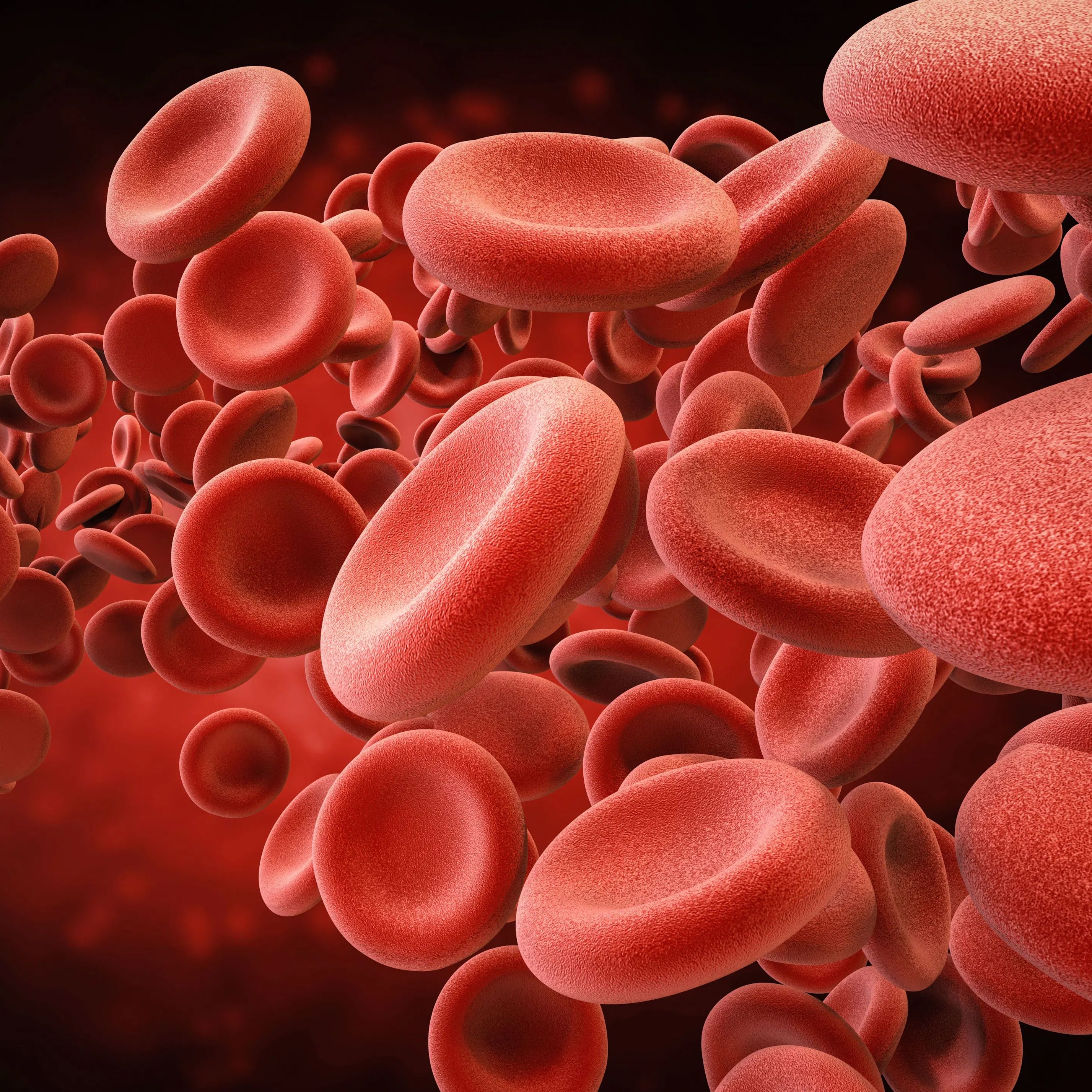Video
SGLT2 Inhibitors: An Advance in Heart Failure
Transcript:Deepak L. Bhatt, MD, MPH: Those are great points. To close, it seems to me that SGLT2 [sodium glucose cotransporter 2] inhibitors have been a really big advance in heart failure and for kidney end points as well. George, you did a nice job discussing the CREDENCE trial. And Scott, you mentioned DAPA-HF. Any final thoughts about that, George?
George Bakris, MD: If you want to pick a drug that has cut across the heart and the kidney for benefit, I think that’s the one. These other drugs that you’re talking about are very cardiocentric, and I’m not sure they offer much to the kidney. SGLT2s are probably going to be cheaper and probably have a much broader benefit.
Akshay S. Desai, MD, MPH: But George, the kidney likes a happy heart, right?
George Bakris, MD: Absolutely. Remember, they’re a married couple. So you’ve got to keep them both happy.
Deepak L. Bhatt, MD, MPH: That’s good advice. Scott, any final thoughts about SGLT2 inhibition?
Scott David Solomon, MD: I was just going to add that sacubitril/valsartan, in both the PARADIGM-HF and PARAGON-HF trials, has impressive effects on the kidney. We saw about a 50% reduction in the same end point that we’re talking about with CREDENCE. The numbers are much smaller because it wasn’t a renal population, but the slope of the GFR [glomerular filtration rate] reduction is attenuated with sacubitril/valsartan compared with either valsartan or enalapril.
Deepak L. Bhatt, MD, MPH: Yeah, those are really good points. Nancy, was there something you wanted to add about this?
Nancy M. Albert, PhD, CCNS: Yes. Just 1 thought about the SGLT2 inhibitor family is that with many of these drugs, it’s a 1-dose drug. So, you set the dose. For example, dapagliflozin is taken as 10 milligrams a day. You do not need to uptitrate it. So, it’s easy for patients to take, especially if it’s a once-a-day therapy. There is less risk of patients taking it incorrectly, and also less risk of them missing doses. Again, we’re waiting for the guidelines to come out, but it may be that this is a therapy that will be easy for patients to tolerate. It isn’t associated with the blood pressure and the dizziness or lightheadedness and some of the other adverse events we see with some of our renin angiotensin aldosterone….
Deepak L. Bhatt, MD, MPH: Yeah, those are really great points. I’ve been really excited about the SGLT2 inhibitors, as a class. I think the effects on heart failure, on kidney end points, and maybe even, in some cases, on high-risk patients with MACEs [major adverse cardiac events], are really remarkable. Their journey from starting off as really good diabetes drugs to now really being on the brink of being standard of care in heart failure has been truly quite amazing.
Transcript Edited for Clarity





